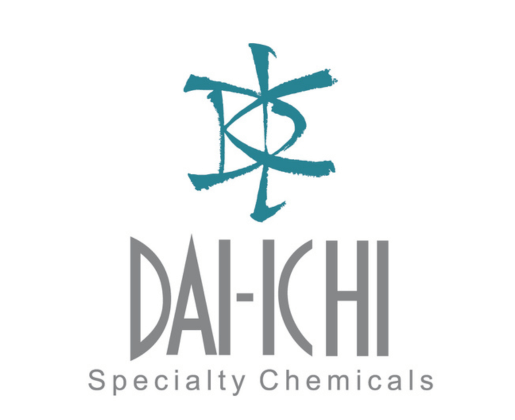The Future of Specialty Chemicals: Trends and Innovations Shaping the Industry
The Future of Specialty Chemicals: Trends and Innovations Shaping the Industry
The specialty chemicals industry stands at a crucial intersection of innovation and necessity, poised to address some of the most pressing global challenges. As the world grapples with climate change, resource scarcity, and the need for more sustainable solutions, the role of specialty chemicals has never been more critical. This sector, which influences a wide range of industries from agriculture to healthcare, is undergoing significant transformation to meet the evolving demands of both the market and society.
In recent years, sustainability has emerged as a defining focus for the specialty chemicals industry. The push towards green chemistry is no longer just a trend; it has become a fundamental approach for companies aiming to reduce their environmental footprint. The development of bio-based chemicals and biodegradable materials is leading this charge, providing alternatives to traditional, petroleum-based products. These innovations are not only reducing dependency on finite resources but are also paving the way for more environmentally friendly industrial processes. Energy-efficient manufacturing techniques and waste-minimizing catalytic processes are becoming standard practices, reflecting the industry’s commitment to sustainability.
Alongside these environmental advancements, the digital revolution is reshaping the specialty chemicals landscape. The integration of technologies such as artificial intelligence (AI), big data analytics, and the Internet of Things (IoT) is driving efficiency and precision across the industry. From optimizing production processes to improving product quality, digital tools are enabling companies to make smarter, data-driven decisions. For example, predictive analytics allows for more accurate demand forecasting, while IoT-enabled sensors monitor equipment in real time, reducing downtime and ensuring consistent product quality. Moreover, AI is accelerating research and development, leading to the faster discovery of new compounds and materials.
Customization and personalization are also becoming increasingly important in the specialty chemicals industry, particularly as consumer expectations evolve. Industries such as healthcare and cosmetics are at the forefront of this shift, with growing demand for products tailored to individual needs. Whether it’s personalized skincare solutions that cater to specific skin conditions or customized drug formulations designed to enhance patient outcomes, the specialty chemicals industry is playing a key role in enabling this trend. The ability to create tailored solutions is becoming a significant competitive advantage, driven by technological advancements and a deeper understanding of consumer behavior.
At the heart of these innovations lies the concept of the circular economy, which emphasizes the importance of minimizing waste and maximizing resource efficiency. In the specialty chemicals industry, this means developing products and processes that are not only efficient but also sustainable throughout their lifecycle. By embracing the principles of the circular economy, companies are finding new ways to reduce, reuse, and recycle materials, thereby contributing to a more sustainable future.
As the specialty chemicals industry continues to evolve, its focus on sustainability, digitalization, and customization is setting the stage for a future where innovation meets necessity. The industry’s ability to adapt to these changes will not only determine its success but will also play a critical role in addressing some of the world’s most significant challenges. Through ongoing innovation and a commitment to sustainable practices, the specialty chemicals industry is not just shaping the future—it is creating it.
